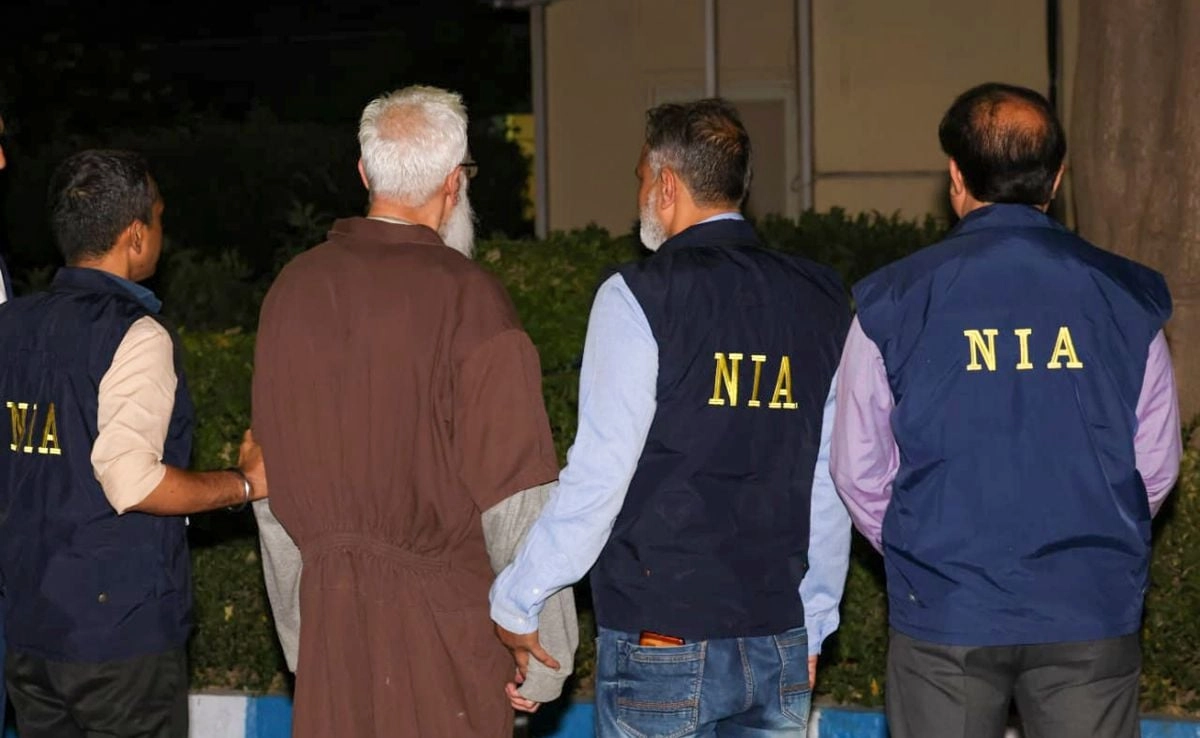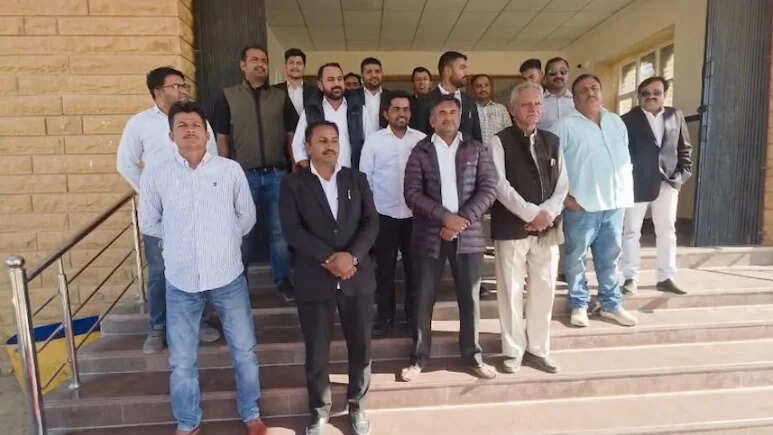The anti-terror agency has revealed that Tahawwur Rana had intentions to extend his operational reach beyond the initial targets, specifically planning to target other cities in India. This information raises significant concerns about the potential for further violent actions and highlights the ongoing threat posed by individuals involved in terrorist activities. Rana, who is already linked to various terror plots, reportedly had a broader agenda that included plans to orchestrate attacks in multiple urban centers, underscoring the need for heightened vigilance and preventive measures in urban areas across India.
Investigations into Rana’s activities have unveiled a network of associates and resources that could facilitate such operations. The agency’s findings suggest that Rana’s ambitions were not limited to a singular event but rather encompassed a strategic approach aiming to instill fear and chaos in several cities. This revelation is particularly alarming given the history of terrorist activities in India, where urban centers have frequently been targeted due to their high population density and symbolic significance. The implications of these plans necessitate a coordinated response from law enforcement and intelligence agencies to thwart any potential threats.
Moreover, the sharing of intelligence between international agencies is crucial in this context. Rana’s connections may extend beyond India, potentially involving foreign operatives or networks that could assist in executing his plans. This highlights the importance of global cooperation in combating terrorism, as threats often transcend national borders. The anti-terror agency’s proactive stance in investigating Rana’s plans is a critical step in mitigating risks and ensuring the safety of citizens, but it also serves as a reminder of the persistent challenges faced in the fight against terrorism.
In light of these developments, it is essential for authorities to enhance security measures in urban areas and engage with community leaders to foster awareness and resilience against radicalization. Public cooperation, combined with effective law enforcement strategies, can significantly contribute to preventing potential attacks. As the investigation continues, the focus must remain on dismantling any existing networks and disrupting the plans that threaten national security. The situation emphasizes the need for ongoing vigilance and preparedness in the face of evolving threats from extremist elements.




